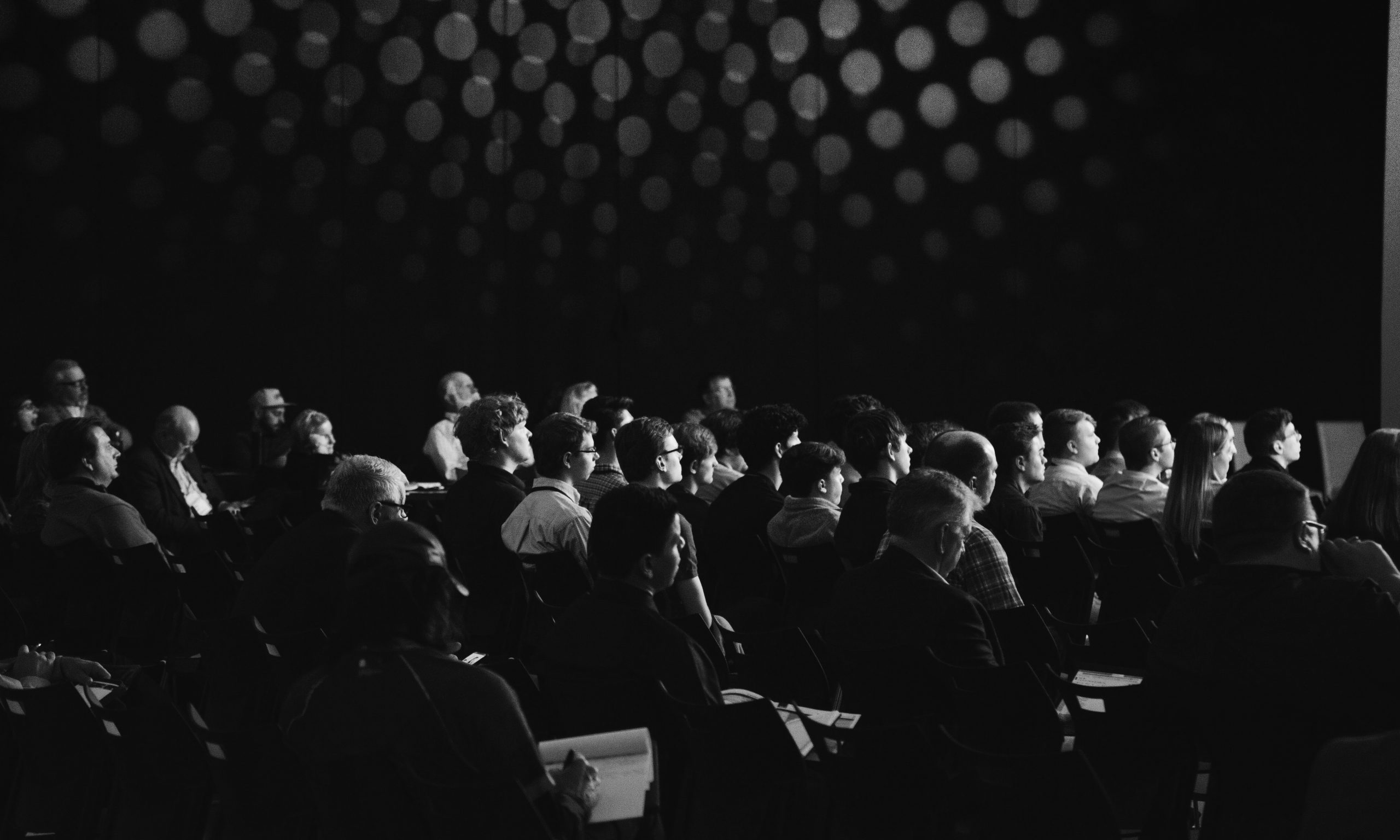On copyright legislation after the adoption of Slovenian Copyright and Related Rights Act
The National Assembly adopted amendments to the Copyright and Related Rights Act (ZASP-I) and the Collective Management of Copyright and Related Rights Act (ZKUASP-A) in an urgent legislative procedure at the end of September 2022. With that, Slovenia implemented the Directive on copyright and related rights in the Digital Single Market. The entire process took a year and a half with the two acts being adopted in an urgent procedure due to the threat of sanctions from the EU, or so the lawmakers claimed.
During the process of public debate, stakeholders from the fields of research, education, preservation of cultural heritage and other areas in the public interest forwarded numerous comments, opinions and detailed suggestions for optimal implementation of the Directive. Time and time again, their suggestions were largely ignored.
When the acts were adopted, the Ministry of Economic Development and Technology (MGRT) announced that they are planning further discussions with stakeholders regarding the development of copyright legislation. The first public consultation was held on 6 December 2022 at the Faculty of Law in Ljubljana.
Dr. Maja Bogataj Jančič from the Intellectual Property Institute represented ZRC SAZU, KOsRIS, University of Ljubljana, CTK UL and Arnes, Maribor University Library, Association of Library Associations of Slovenia (Zveza bibliotekarskih društev Slovenije) and the Higher Education Union of Slovenia (Visokošolski sindikat Slovenije) at the consultation.
The following day, December 7, 2022, the Intellectual Property Institute, in cooperation with KOsRIS, ZRC SAZU, CTK UL and the University of Ljubljana, organized a press conference on the adoption and further development of copyright legislation. The speakers were Dr. Jerneja Fridl (ZRC SAZU), Mag. Miro Pušnik (CTK UL) and dr. Maja Bogataj Jančič (Intellectual Property Institute).
Dr. Maja Bogataj Jančič, the director of the Institute, expressed optimism regarding the further development of copyright legislation. Stakeholders in areas of public interest have begun to realize the importance of exceptions and limitations in copyright law, which significantly affect their work, and have demanded that they be treated as equals in comparison to private interest stakeholders.
She pointed out that they weren’t treated this way during the adoption of the ZASP-I and ZKUASP-A and the entire implementation process of the Directive. During the process, many stakeholders gave comments, opinions and expertly explained and well-founded suggestions, which were ignored again and again. Not only that, the law, which was supposed to be adopted in an urgent procedure due to the delay in the implementation of the European directive, included many provisions in favor of private interests of rightholders in the field of audiovisual works, which weren’t related to the implementation of the Directive. Dr. Maja Bogataj Jančič also pointed out the difference between authors/creators and rights holders, who are equal in the eyes of copyright legislation, but are in fact two separate groups.
She praised the changes in the field of text and data mining and the general exception for scientific research, while emphasizing that both provisions still need further development.
The stakeholders can be justifiably outraged that, in such a long process of drafting and adopting the law, their input was ignored in areas that may hinder open science and open education, especially since the provisions in question were not related to implementation of the Directive. Their inputs on the teaching exception were also ignored. Although the European directive allows for the legislator to implement the exception as free use of works for this purpose, the legislator implemented the exception with an obligation for educators to pay compensation and the possibility of a license override of the exception.
She pointed out that many participants at the consultation asked the organizers what was the purpose of organizing a consultation on the development of copyright legislation after the adoption of ZASP and ZKUASP and after the implementation of the Directive. She concluded with expressing hope that stakeholders in the field of research, education and preservation of cultural heritage will in the future be treated as equal stakeholders and more transparently in a more democratic process, and Slovenian intellectual property office (URSIL) will become a neutral drafter of proposals in the field of copyright legislation.
Dr. Maja Bogataj Jančič also issued the statement of the University of Ljubljana as their representative at the press conference. As the most important research and educational institution in Slovenia, the University of Ljubljana focused primarily on the exception for teaching, and drew attention to the general importance of the provisions governing scientific research and educational work during the adoption process. The existing exception for live teaching has been unjustifiably narrowed. In addition, the exception governing learning with the use of digital means for teaching was implemented in such a way that the use requires compensation, and with the possibility of a license override. Since Slovenia could implement the exception as free use, as neighboring Croatia and Hungary have done, the University wonders why it has not done so. The new costs will be covered by funds allocated to higher education organizations, which will mean less funding for other higher education goals. The University expects to be treated as an equal stakeholder in the adoption of copyright legislation that affects the work of their researchers and educators who create and disseminate knowledge.
Dr. Jerneja Fridl from ZRC SAZU expressed her disappointment that the drafters of the law didn’t properly consider researchers’ suggestions during the process. She welcomed the exemption for scientific research and for text and data mining. She warned, however, that the exception for scientific research should include the use of works to the extent justified by non-commercial purpose. Regarding text and data mining exception, the adopted definition of lawful access is narrower than the definition of lawful access in the implemented directive, which unjustifiably narrows the exception. She also expressed concern at new provisions that prevent authors from waiving their right to compensation, which prevents the full effect of open licenses, one of the very foundations of open science. She expressed her desire for research stakeholders to play a greater role in the creation of copyright legislation in the future and welcomed future consultations and the creation of a strategy for the protection of intellectual property that would involve relevant research stakeholders.
Mag. Miro Pušnik, director of CTK UL, drew attention to the importance of open science in the Slovenian and European research area, using examples of current European and Slovenian projects and strategic acts. Open science is one of central policies of the European Commission and Slovenian legislation in this area. Open licenses are a fundamental building block of open science in both the EU and Slovenia, which is why the proposals of CTK UL during the adoption of ZASP were focused on this area. He touched upon the conflicting private interests of major international publishers. In the light of the role of open licenses, he critically assessed the new irrevocable rights to compensation, which prevent researchers from fully using open licenses, and regretted that many of CTK UL’s proposals on this topic were overheard and ignored as well as existing open science strategies. None of the stakeholders who submitted their proposals to the lawmakers publicly ever contested CTK UL’s proposals on this topic, but URSIL and MGRT still rejected them. In a democratic society, the creation of copyright legislation should be more transparent and coordinated with strategies in other important areas of society.
You can read the entirety of the press conference statements here.
The 4th Open Knowledge Day took place on Tuesday 17 October 2023, with an accompanying workshop on 18 October 2023. This year it was organised by the Open Data and Intellectual Property Institute (ODIPI) and supported by Knowledge Rights 21 (KR21).
We invite you to the fourth Open Knowledge Day and the workshop, which will take place this year within the framework of the programme and with the support of Knowledge Rights 21. The event will bring together experts from different European countries to discuss two topics: the first part will deal with the legal basis for data analytics, which is a key part of machine learning and related artificial intelligence, and the general exception for research. In the second part, open science in theory and practice will be presented both in Slovenia and in some Western Balkan countries. Representatives of research and educational institutions from Slovenia and the Western Balkan countries, as well as interested members of the public, are invited to attend.
Dr. Maja Bogataj Jančič, a renowned expert in copyright law, has joined the Berkman Klein Center for Internet & Society at Harvard University, where she will serve as an affiliate researcher for the next two years.
On Friday, October 6, 2023, the online seminar “Practical Experiences in Resolving Copyrights of Modern Book Works” took place. The seminar addressed relevant questions concerning user access to literary works in digital form.





